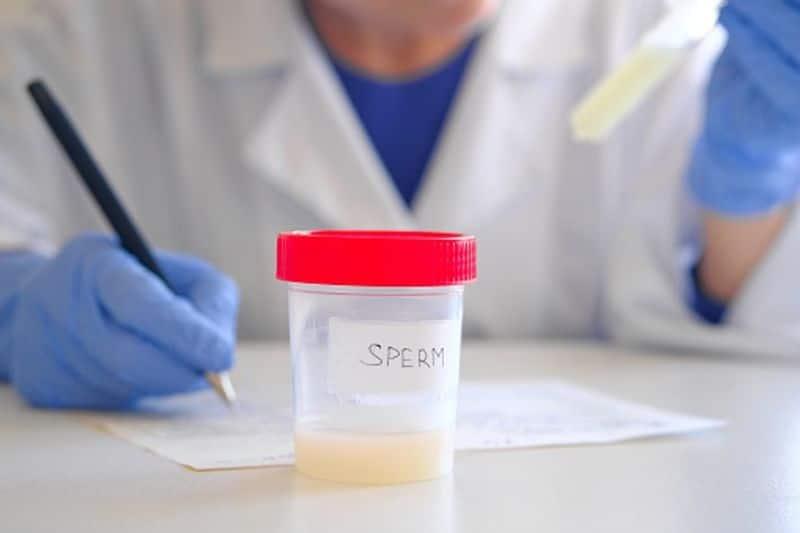
Infertility Among Men: Know The Factors Affecting Sperm Count And More
Also Read:
6 grooming mistakes men should avoid during monsoon
Understanding the factors affecting sperm count and infertility in men
Numerous factors have been identified as contributors to the rising rates of infertility. Chronic diseases like diabetes and hypertension can adversely impact sperm health. Lifestyle choices also play a crucial role, with stress, sedentary habits, and sleep deprivation all being linked to diminished sperm quality. Dietary preferences, particularly a high-fat diet, have been associated with lower sperm parameters, further exacerbating the fertility crisis.
Environmental and behavioral influences on sperm health
In today's modern world, exposure to estrogen-containing, hormone-disrupting chemicals in food has become a prevalent concern. These environmental factors can disrupt hormonal balance and potentially harm sperm production. Substance abuse, including the consumption of tobacco and marijuana, has been identified as another detrimental influence on sperm count. Studies suggest that these habits can lead to a notable reduction in sperm count, compounding the challenges faced by individuals striving for parenthood.
Also Read:
Momos to Jalebi: 7 must-have snacks to enjoy during Delhi rains
Bottomline
As the decline in sperm count continues to escalate, it is imperative to address these multifaceted factors comprehensively to mitigate their impact on fertility rates and safeguard reproductive health for future generations.
-By Dr V Mohan Kumar, Consultant - Urologist and Renal Transplant Surgeon, Manipal Hospital, Yeshwanthpur
Legal Disclaimer:
MENAFN provides the
information “as is” without warranty of any kind. We do not accept
any responsibility or liability for the accuracy, content, images,
videos, licenses, completeness, legality, or reliability of the information
contained in this article. If you have any complaints or copyright
issues related to this article, kindly contact the provider above.



















Comments
No comment